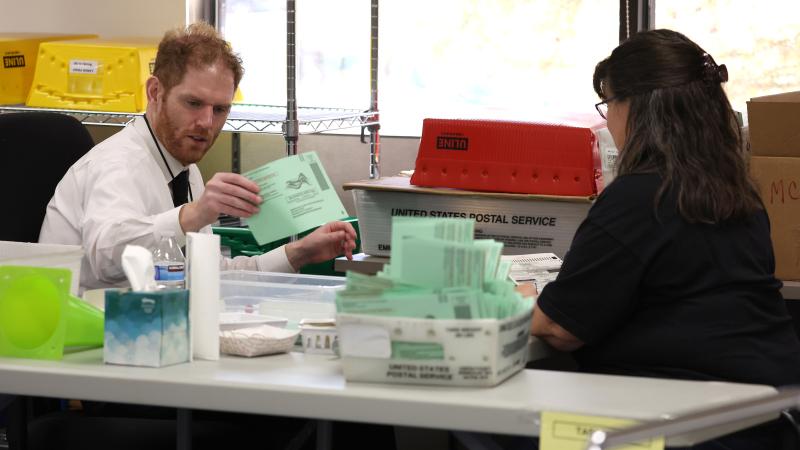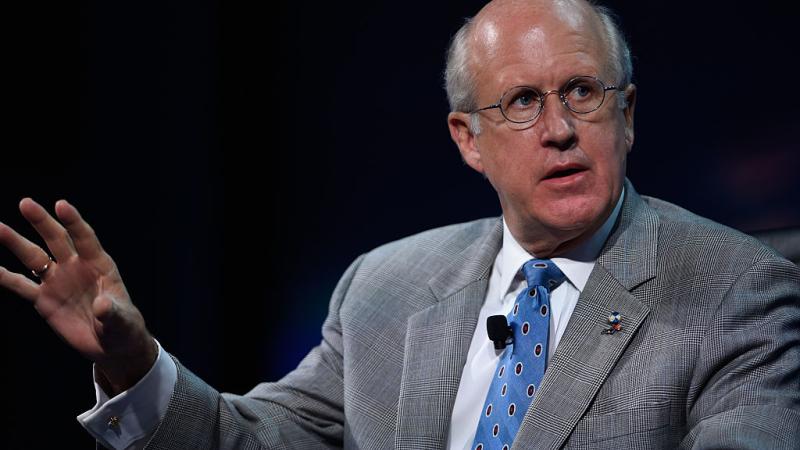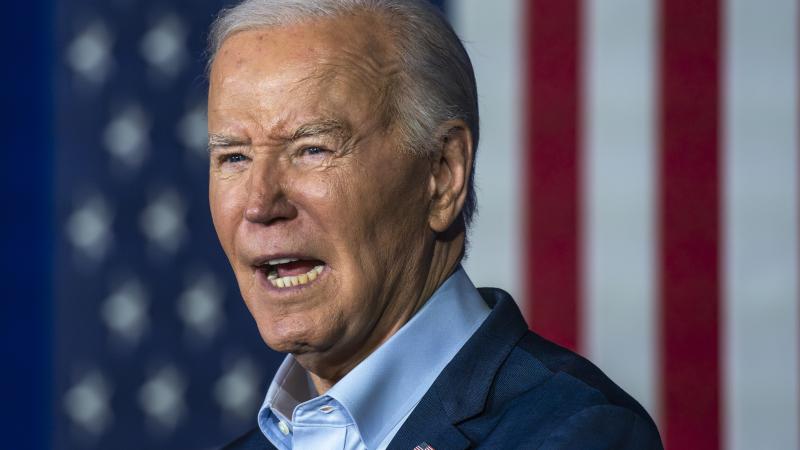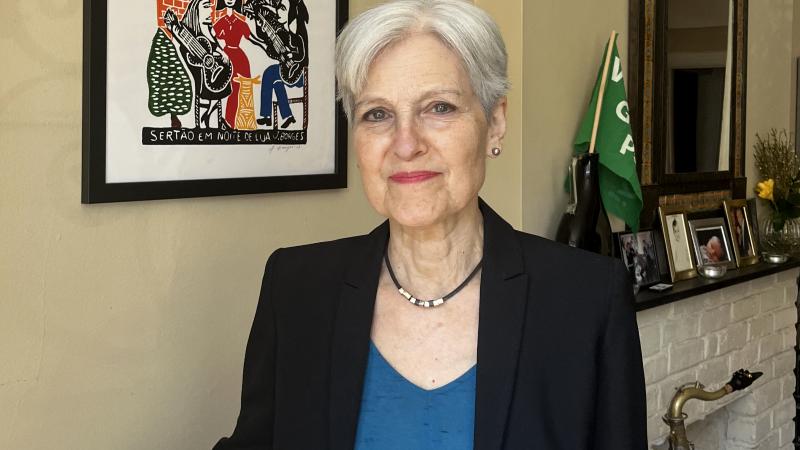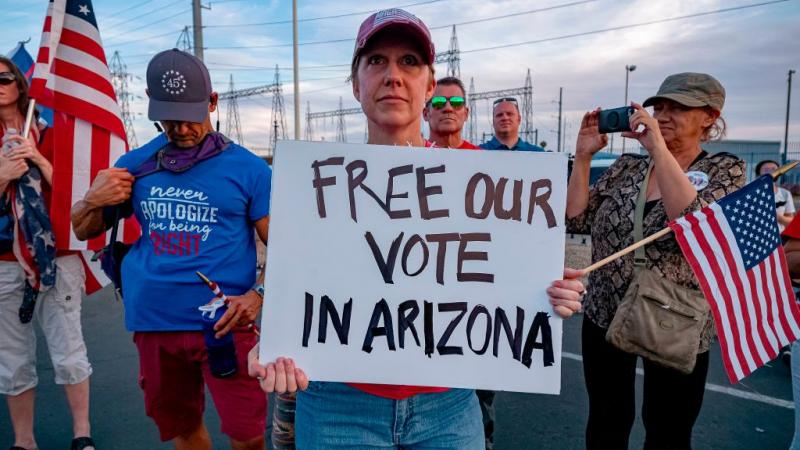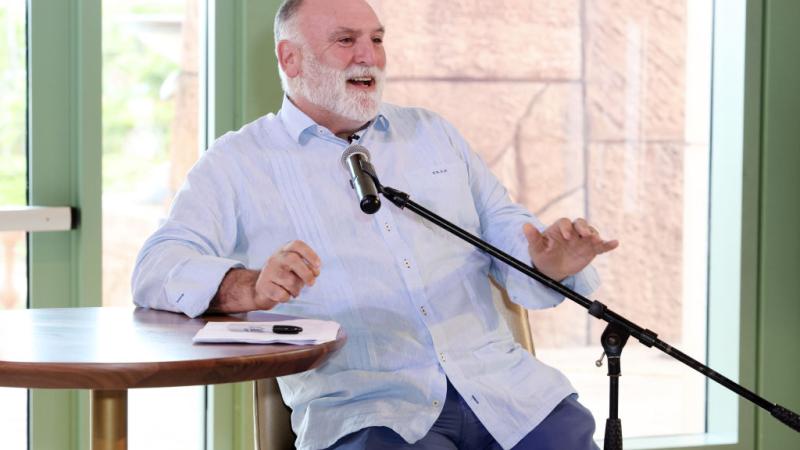Effort to preserve choice of power in vehicles clears U.S. House
While the resolution did not name specific states, California’s Air Resources Board last year implemented restrictions on vehicles that would effectively prohibit the sale of new gas powered vehicles by 2035, prompting more than a dozen states to consider similar measures.
(The Center Square) -
The U.S. House on Thursday advanced legislation to block states from outlawing gas vehicle sales, a move counter to green agendas pushing electric vehicles.
House Resolution 1435, a bipartisan measure known as the Preserving Choice in Vehicle Purchases Act, cleared the lower chamber with a vote of 222-190 Thursday with all Republicans and eight Democrats, including North Carolina Rep. Don Davis, in support.
The legislation, which is expected to face stiff resistance in the Senate, aims to ban states from limiting the sales of gas powered vehicles and for states planning to, to roll back federal approvals.
While the resolution did not name specific states, California’s Air Resources Board last year implemented restrictions on vehicles that would effectively prohibit the sale of new gas powered vehicles by 2035, prompting more than a dozen states to consider similar measures.
“Almost 94% of the 275 million vehicles in America are powered by gasoline. EVs are still too expensive for many Americans, nearly $17,000 more than a gas-powered car,” Rep. Chuck Edwards, R-N.C., wrote on social media. “The Preserving Choice in Vehicle Purchases Act will prevent the far left from banning gas-powered cars.”
The Biden administration opposes the resolution, which conflicts with the president’s goal of electric vehicle sales comprising half of all new vehicle sales in the country by 2030. In North Carolina, Gov. Roy Cooper wants to have 1.25 million electric vehicles registered by 2030. Cooper also issued Executive Order 271 last year to accelerate the uptake of zero emissions trucks and buses.
Thursday’s approval of HR1435 follows days after the release of the fourth annual Transportation Electrification in the Southeast report. It shows while “new EV sales in the Southeast continue to reach new highs” aided in part by $4,000 federal tax credits, in the second quarter of 2023 only “6.2% of all new light-duty vehicles sold were EVs, up from 5% 12 months ago.”
In North Carolina, the market share for new electric vehicles was 7.1%, second in the region to Georgia at 7.2%. Those figures trail the national market, where electric vehicles comprised nearly 9.3% of all light-duty sales in the second quarter of 2023.
The report shows North Carolina runs second to Florida for taxpayer money invested in the industry, with $50.2 million from the state and $189.5 million from the federal government. The federal investment translates into the highest federal funding per capita in the region at $18.28. Florida spent $147.4 million and collected $207.4 million from the federal government.
Other metrics in the report show North Carolina has a total of 11,723 announced jobs tied to the electric vehicle industry, behind Georgia at 27,817 and Tennessee at 12,719, but ahead of South Carolina at 10,611, Alabama at 2,058, and Florida at 314.
The Old North State holds the largest announced investment in the region with Toyota’s $5.9 billion battery manufacturing facility in Liberty that’s slated to begin production in 2025, according to the report.
North Carolina is in the middle of the pack regionally for electric vehicle charger deployment with 811 fast charging ports and 2,601 Level 2 ports, figures that have increased 57% and 62%, respectively, over the last year. Total ports per 1,000 residents stood at 0.33 in North Carolina, ahead of South Carolina, Tennessee, and Alabama, and behind Georgia and Florida.
According to the most recent North Carolina Department of Transportation data, of the roughly 66,000 electric vehicles registered in North Carolina through May, just under 50,000 are fully electric. In May 2022, just under 30,000 registrations were for fully electric vehicles.
Based on those figures, North Carolina would need to register nearly 15,000 per month to meet Cooper's goal by Jan. 1, 2030, or more than 13,000 per month by Dec. 31, 2030, if both fully electric and hybrid vehicles are included. Cooper’s goal does not provide an exact date, whether the beginning or end of that year.
The rate of registrations would need to be nearly 15,200 per month to reach the goal by Jan. 1, 2030, or nearly 13,200 per month by the end of 2030, if accounting for only fully electric vehicle registrations.







